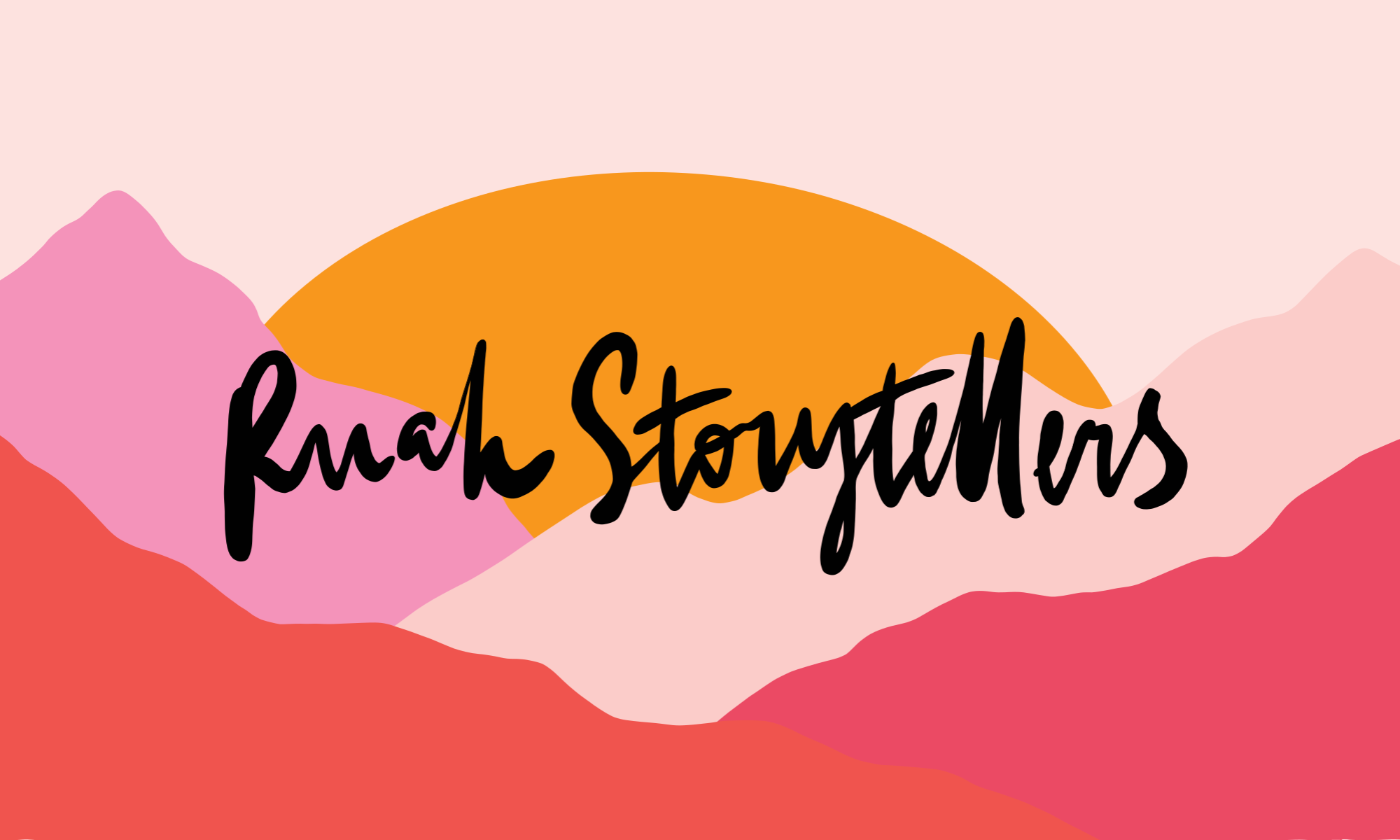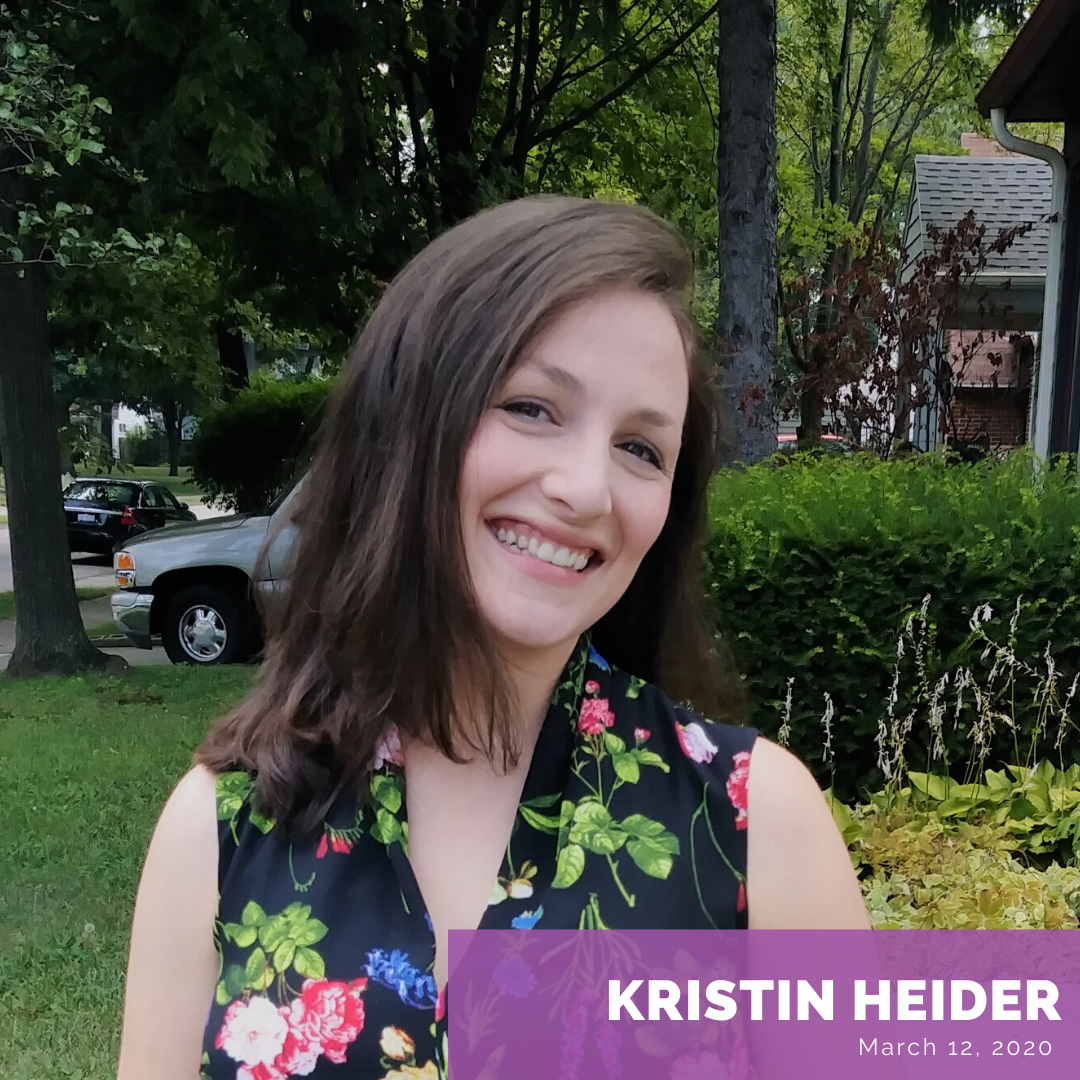The February sky was overcast as I walked into the empty, darkened church. After years of being weighed down by a heavy burden of confusion and indecision, I was at a breaking point. I sat before an invisible God and cried out, as I had so many times. This time, though, my cry was a declaration rather than supplication, with a tone more audacious and desperate than ever: “My God! I will not leave this church without an answer!” A phrase I had encountered the previous year had slowly made roots in me, and in this moment, I was ready to answer its call-to-action: “In order to be free of the agony of indecision, you must look a thing boldly in the face and choose it passionately.” For me, Kierkegaard’s words captured the torment of the crippling decision I faced, one that was fraught with a years-long-history of agonizing, murky prayer. God seemed silent, and I had no sense of a single next step.
I had constructed a cage for myself from grief over the loss of a beloved friend who had entered seminary, from my desire to “do God’s will,” and from my crippling fear of making the wrong choice. I was trapped, terrified, exhausted, wounded, and bereft. I had understood the friendship to have been divinely crafted to last a lifetime, so the loss of it felt like abandonment by God, and it threw me into a mental and spiritual anguish unlike I had ever known. My own conflicting vocational pulls were equally confounding. I had come close to joining a religious order, but mentally and spiritually, I was not healthy. And an hour away, there was another good man who had offered me his friendship many times, but whom I was unable to answer, though I wanted to. Years of discernment had seemed to bear no fruit, and I could no longer live in this cage. And so, I declared before God that I would not leave the church without choosing a strong next step.
Meanwhile, one state over, this other young man sat in his attic bedroom in a tall Baltimore townhouse, plucking his guitar. He had pursued a friendship with me for 4 years at that point, receding into the background when the waves of my confusion were too strong, but always returning to gently ask if the time was right now. Inexplicably, he had always made me feel at ease in his presence, and he seemed to delight in mine in a way I did not understand. We had recently stepped back from friendship once again, and he was living his life with the mystery of the future looming for him. By then, he had witnessed many of my tears and heard my conflicted heart. By then, he knew how broken I was, yet he still hoped for friendship with me. We’d go for long stretches of time without communicating, only to run into each other at a party and rekindle the warmth between us after a single delightful conversation. As I sat in the church begging the Silent Divine to bless the decision I was about to make, to “go before me,” this man was up in his bedroom, thinking of me, wondering how much longer he could or should wait, but knowing he was willing. Love is patient.
Several hours passed. The late afternoon sun began to change the reflections coming through the stained-glass windows in the church. Miraculously, I had made a decision. I stooped low before the cross, holding my face to the ground for a few moments, then rose and walked out of the chapel, my steps quickened by the previously-impossible-for-me act of choosing and the anticipation of what was to come. I did not have the sense that all my wounds were healed or all my questions answered, but I had a deep assurance that committing to a man whom I deeply admired and trusted, and who so relentlessly showed me that his love for me was principally for a neighbor and sister, that this was a worthy and supremely good choice, made in freedom.
The drive to Baltimore was an hour long, the stop-and-go rush hour traffic reflecting my trepidation but also my confidence. I knew that he would embrace me, and that my choice to go to him that evening was a choice for life. As we walked together through the park that chilly evening and talked, we knew we were going to be walking together for the rest of our lives. It wasn’t a fairy-tale love story—it was way too messy and dramatic for that, but I perceived that there was a more profound romance in choosing one another with our eyes wide open to the burdens and crosses we each had carried and those we still carried. There was romance in the intention to love each other despite and because of them. We wanted to help each other carry these loads and all those to come. Love bears all things.
Twelve flips of the calendar later, we held hands as we entered the same church, this time purpled and draped for the liturgical season that had just begun. I stared at my left hand, freshly adorned with a sweet, humble vintage ring within that hour, and prayed the stations of the cross with this man I had just promised to marry. In a way, it felt incongruous: I was full of peace and joy while I stared at the stark images of Christ bearing the cross and being borne upon it. My abiding sense since then has been that in love, these things are carried together always. Joy and suffering. Love endures all things.
Seven more months later, on a scorching August evening, we exchanged vows. We danced and laughed with 300 friends and family in a non-air-conditioned church basement, every guest dripping with sweat, ditching dress-shirts and shoes, and proclaiming that ours was the best wedding they had ever attended. On our drive to our new home in Dayton after our honeymoon, we entwined our precious, freshly married hands, the sun kissed our faces through the windows, and our hearts were lightened by the presence of one another and the music coming from our CD player. As a new song drifted through the speakers, pointed lyrics unexpectedly broke into my joy and sparked a flood of my deep grief from the heaviness of the past and of my still-healing mind and heart. With great love and peace, he squeezed my hand, and told me without words that he understood and that he was there with me, and that he always would be. Love is kind.
As I recall these pieces of our story, I can feel within my body the graceful movements of our fourth beloved child on earth. Some paths on this journey have been smooth, bright, and blissful, and have borne so much life. Others have cut our feet and made us bleed. Inevitably though, we sit and dress one another’s wounds, and then we carry on. Last week we swayed in the kitchen on healing feet to the Springsteen song we danced to at our wedding as our little ones watched, amused. The bridge of the song tells of the hope, and sometimes failure of romantic love: “Now everyone dreams of love lasting and true. Oh, but you and I know what this world can do.” We have certainly had a taste of the brokenness the world can render. But the next line and chorus have become a simple embodiment of our promises, a way to ground us when life’s challenges are heavy: “So let’s make our steps clear, that the other may see. I’ll wait for you, and if I should fall behind, wait for me.” We’ve danced to it many times in the past 6 years, because it reminds us of who we are and who we strive to be for one another: patient, kind, accepting, enduring. It reminds us of the shifting of the universe that occurred when we sealed our choice to love each other with lifelong vows. My husband. My love. My friend. My other half. If we continue along this path together, step by step, striving to care for the other as another self, and waiting for one another in turn, all will be well. Love does not fail.
Kristin is a wife, mother, and nurse living in Dayton, OH with her precious brood of four rascals five and under. She has many interests but spends most of her scarce free time trying to decide between napping and making a dent in her book stack. She finds God most easily in a well-crafted plate of food.

